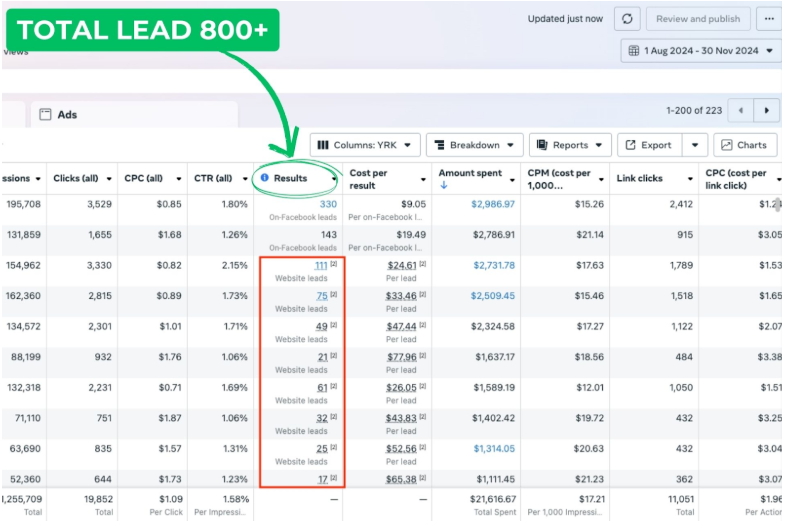Understanding Voice Search: The Shifting User Behavior
How Voice Search is Shaping the World of PPC
The voice query is having a significant impact on how advertisers manage their PPC campaigns. Voice search is transforming the paid search advertisement domain in four primary ways, here are the four ways:
1. Long length, Conversational Queries
2. Near me and local intent search
3. Snippets and Position Zero
4. Optimize for Mobile
Real Results: MetaLogic Digital’s PPC Success for Parkour Gym

Best Practices for Optimizing the PPC Campaign for Voice Search
The rapid increase in voice search is prompting companies to adjust their pay-per-click campaigns accordingly. The following are some of the practical measures to be used in PPC campaigns to get us better prepared to face the voice search:
1. Focus on Conversational and Long-Tail Keywords
2. Optimize for Local Search
3. Target Featured Snippets
4. Mobile Optimization is Key
Real-World Example: How a Local Restaurant Optimized for Voice Search
Challenges of Voice Search Ads
The Future of Voice Search Ads
Conclusion
Frequently Asked Questions

Voice search requires conversational and long questions, and traditional search usually includes short and narrow-scale keywords.
Many voice searches are local, i.e., to look around the neighborhood or find local businesses or services. Local SEO Services helps to optimize such queries.
Yes! Small businesses can also compete in the traffic that voice searches redirect to them by focusing on local and long-tail keywords.
Utilize tools like Google Keyword Planner and incorporate long-tail keywords that are natural, conversational, and follow a conversational pattern.
Yes, it can be done using tools such as Google My Business, schema markup applications, and keyword searching tools.
The benefit enjoyed by retail, hospitality, healthcare, and local services is that they are associated with user intentions and local searches.





